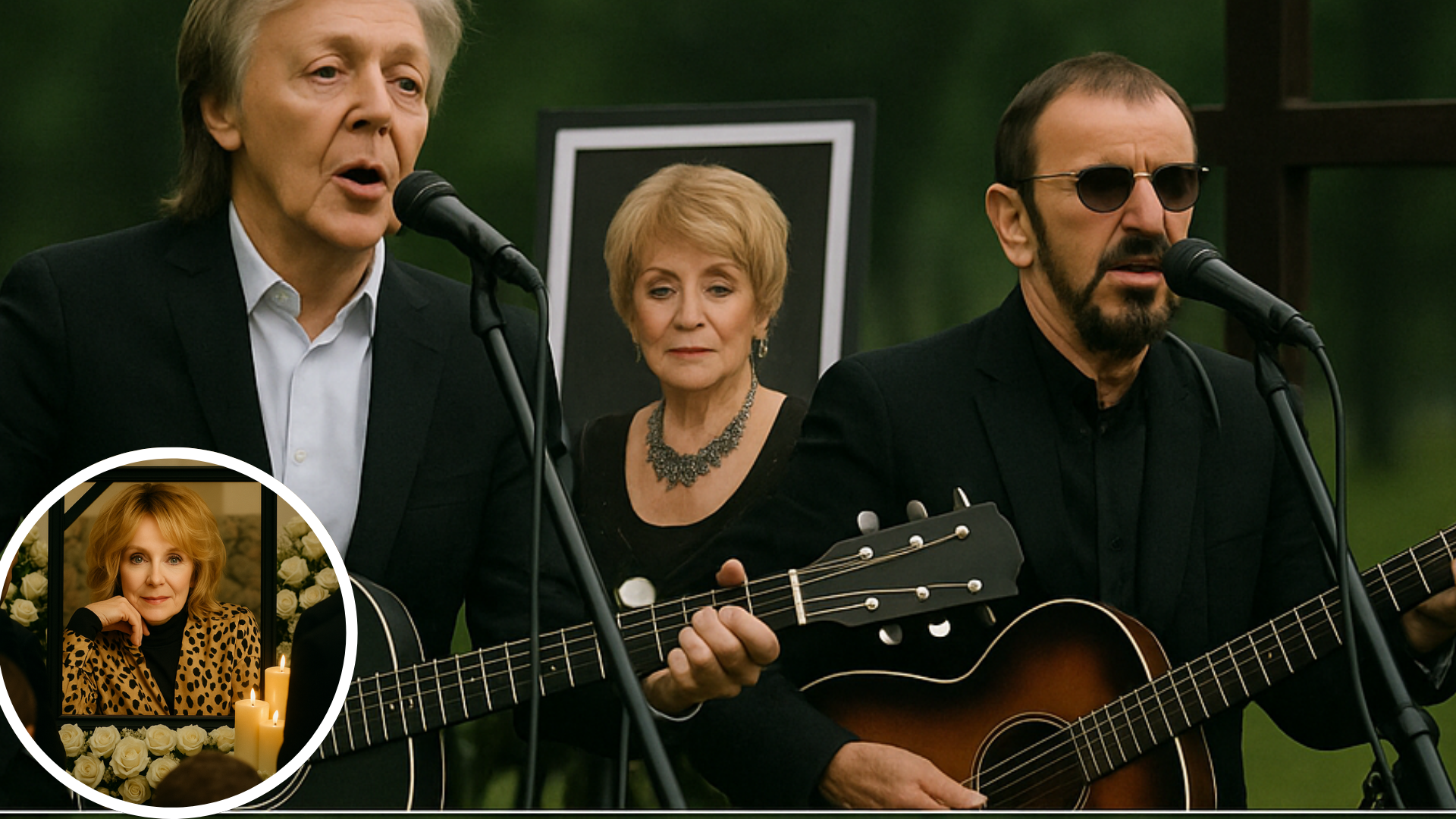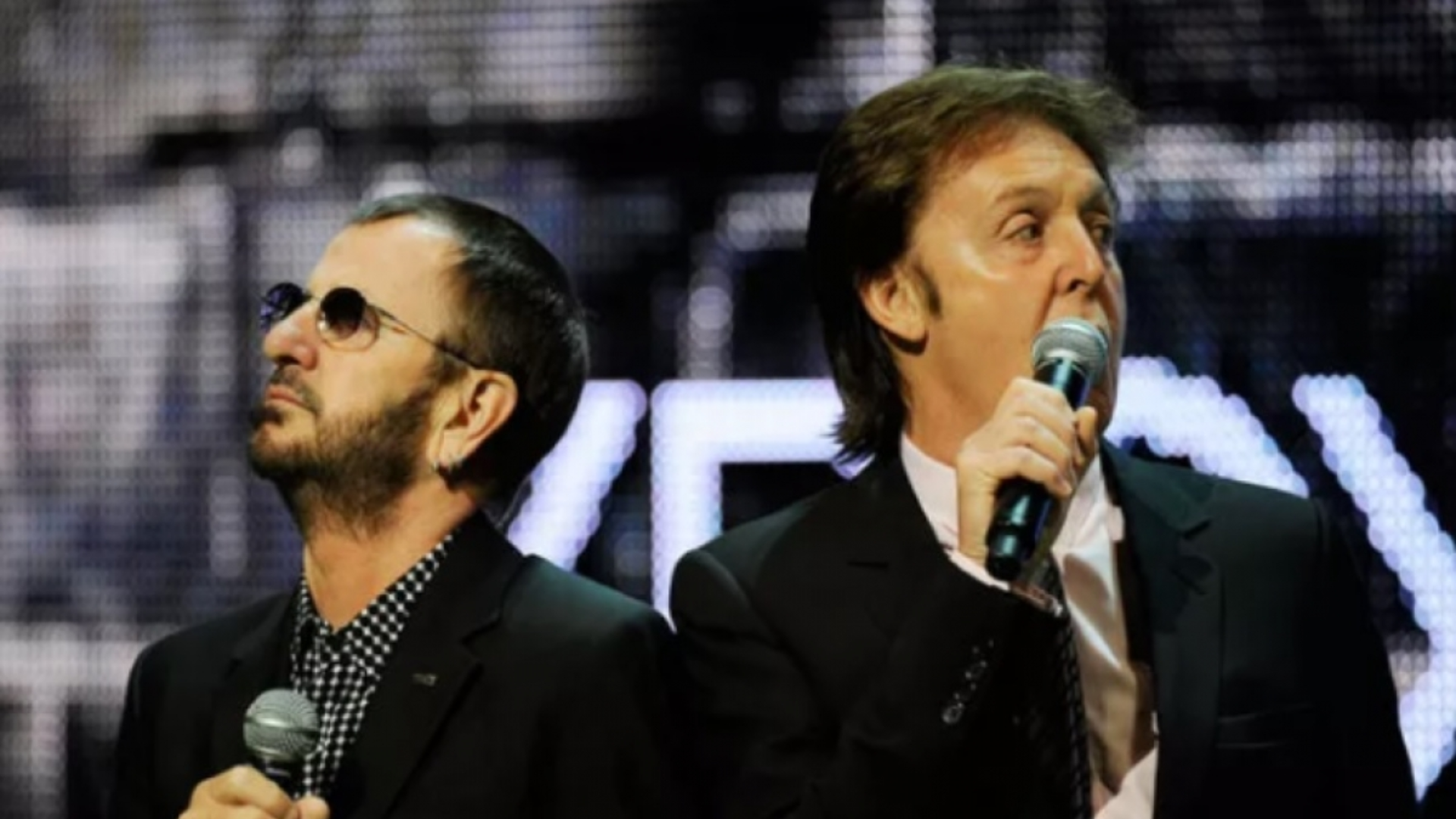
Some songs don’t ask for attention — they command silence. They unfold like a storm across a still sky, slow and heavy with meaning. “While My Guitar Gently Weeps” is one of those songs. And through its sorrow, its raw vulnerability, and its aching melody, George Harrison gives us something rare: a song that doesn’t just speak of sadness — it embodies it.

From the first minor chord, the tone is clear — this is not comfort. This is not hope. This is mourning. Not for a person, but for the world itself. “I look at the world and I notice it’s turning / While my guitar gently weeps…” Harrison sings, and it feels like watching beauty slip through your fingers while everyone else is too busy to notice.
This isn’t anger. It’s disappointment. Quiet. Crushed. And deeply human.
Harrison’s voice is soft but weighted — not forceful, yet unwavering in its sorrow. You can hear the heartbreak not just in what he sings, but in what he doesn’t say. The pauses. The drop in tone. The resignation. This is a man grappling with the feeling that love could have changed things — but didn’t. That connection could have saved us — but we looked away.
And then there’s the guitar.
Eric Clapton’s solo — uncredited on the album, but unforgettable — bleeds. Every note is a tear falling in slow motion. It doesn’t dazzle. It hurts. It weeps exactly as the title promises, bending and breaking across the melody like it’s carrying the emotion George can’t put into words.
What makes this song so timeless is its honesty. Harrison doesn’t wrap pain in metaphor or disguise it in poetry. He names it. He holds it up for all to see. And in doing so, he gives voice to the quiet despair so many carry: the ache of knowing we could be kinder, better, closer — and choosing not to be.
“With every mistake, we must surely be learning…” — that line is the softest plea in the song. A flicker of light in an otherwise gray sky. Harrison wasn’t hopeless. He was yearning. For growth. For awakening. For someone — anyone — to truly listen.
Let “While My Guitar Gently Weeps” meet you in the moments when you feel overwhelmed by the world’s noise and numbness. Let it remind you that it’s okay to grieve not just for what’s lost — but for what could have been. And let George’s voice and Clapton’s guitar be your companions in that grief — gentle, honest, and never alone.
Because sometimes, the most powerful kind of protest is quiet sorrow. And sometimes, a guitar can say what the world refuses to hear.